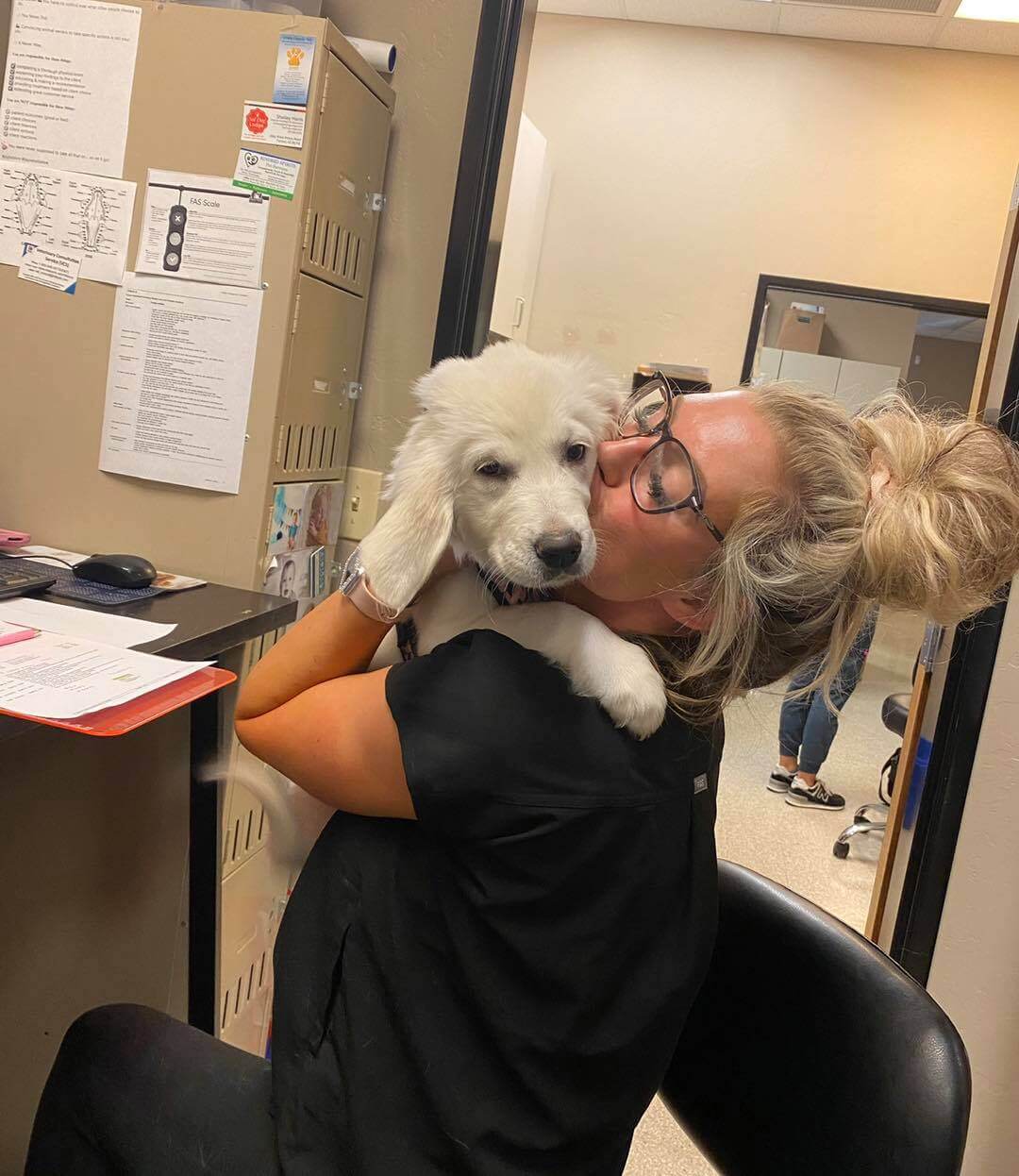Emergency Resources

Emergency Pet Care Resources
Knowing how to spot an emergency and what to do about it is important for stabilizing a pet until you can reach an emergency hospital. Being informed on emergency pet care helps an owner think clearly and get an ailing pet to an emergency center for evaluation.
Pet emergencies require calm owners. Telephoning us right away in the case of even a suspected emergency is the best course of action so we may direct you appropriately. The event or illness could be life-threatening.
Remember to confine your pet during peak heat, avoid areas where snakes are prevalent, and keep substances such as antifreeze, cleaning supplies, medications, and poisonous plants out of reach will help protect your pet.
Common Pet Emergencies
Some emergencies are very common to Arizona pets. Among the ones emergency veterinarians sees frequently are these:
- Vomiting with or without diarrhea is common in dogs but less frequent in cats. With an upset stomach, symptoms often disappear within a 24-hour period. Weakness or lethargy, apparent pain, or vomiting with or without diarrhea for more than 24 hours signals the need for immediate care. Wait even less time if your dog has a chronic health issue and vomits. If a cat vomits repeatedly, cannot hold water, vomits odd material, or has been seen eating something it shouldn’t, contact us.
- Trauma might occur from a fall, bite, gunshot wound, or being hit on a road. Traumatized pets should be seen immediately even if they show no signs of significant injury. Most injuries cause some degree of discomfort that a painkilling injection can help relieve.
- Pet collapse could be due to vascular disease, bleeding, heart disease, respiratory issues, or a host of nerve or musculoskeletal problems. It is sometimes due to consuming a toxic substance. Any situation in which a pet falls and cannot get up is an emergency.
- Problems urinating might link to a variety of causes, including a life-threatening blockage.
- Poisoning or ingesting something harmful is possible whenever a dog or a cat eats something they shouldn’t have. Ingesting certain substances can be life-threatening if the pet begins to absorb them through its digestive tract.
- Heatstroke requires immediate care. Dogs and cats cannot sweat. Initially, try to spray the pet with water and point a fan at it. Heatstroke signs include lethargy, panting, weakness, heavy salivation, bright red gums, seizures, and vomiting.
- Snake bites require immediate intervention. Signs include painful puncture wounds that are bleeding, shock, trouble breathing, hypertension, tremors, and lethargy.
